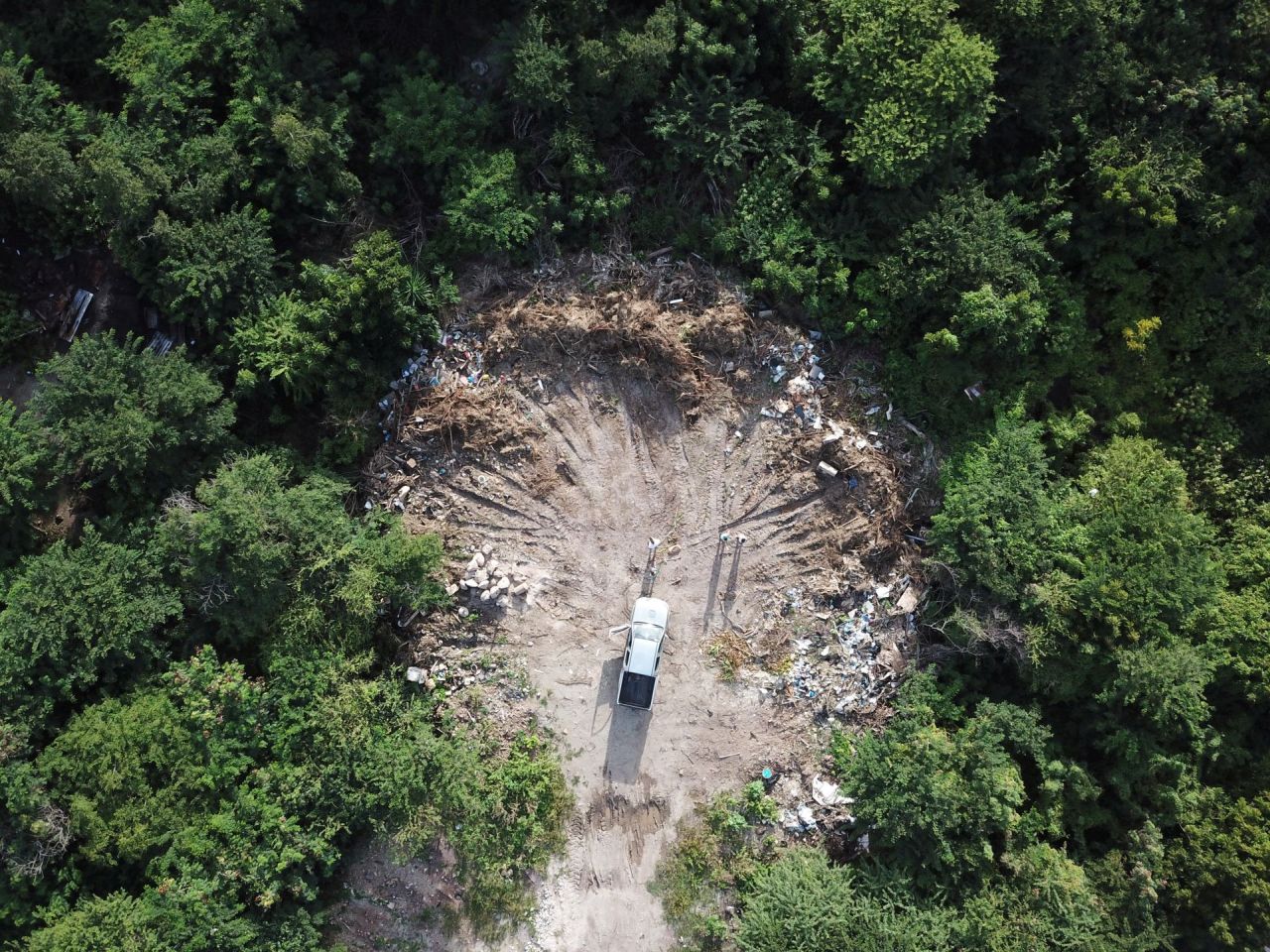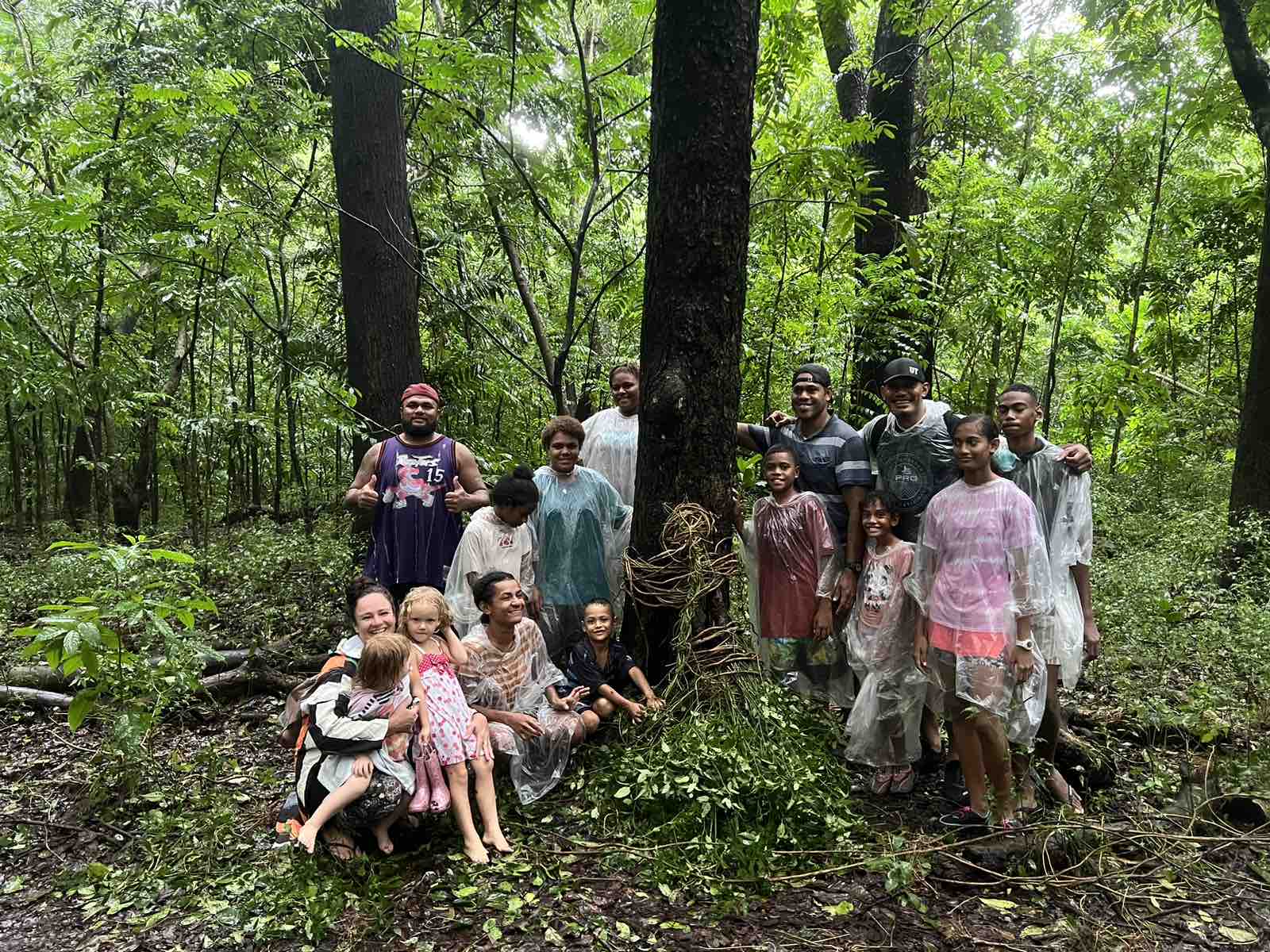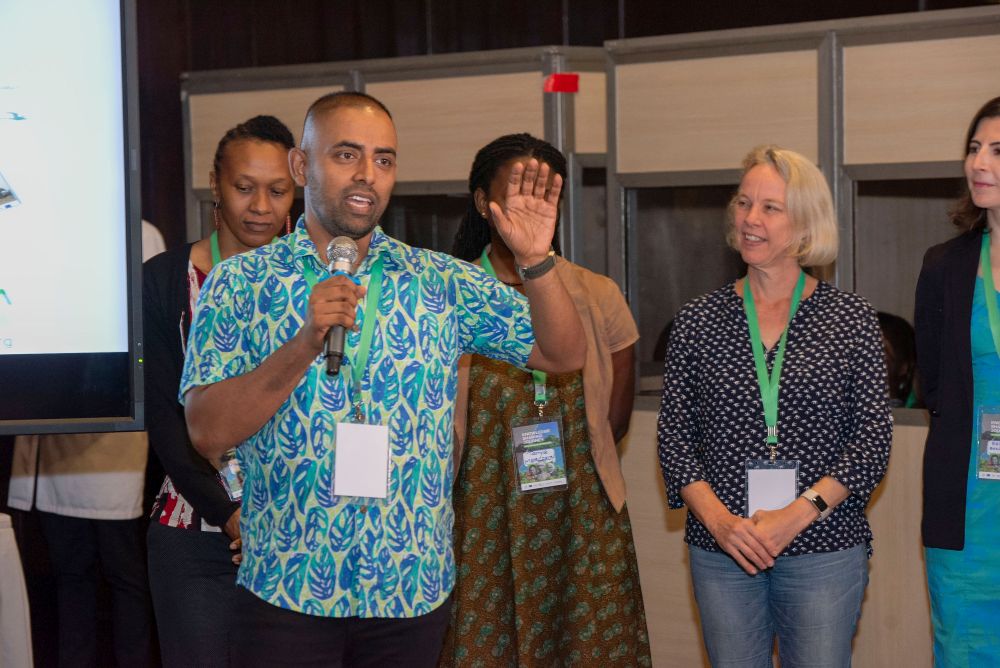Novel concepts and alternatives to turn plastic waste into useful products – resources for a circular economy
Plastic waste and pollution affect every part of the globe and every ecosystem. Innovative solutions that use recycled plastic material for reusable food containers, construction materials, furniture, and partnerships for bottle-to-bottle recycling are highlighted in the eight business plans and waste segregation guide found below.
Innovative solutions free to share
The generation of innovative solutions, such as business plans to use as models in other countries, is one of the many positive outputs from the IUCN Plastic Waste Free Islands project. These solutions are free to use and share.
The business plans are available to inspire entrepreneurs and small and medium enterprises working toward circular economic solutions. These plans are centred around products made from recycled plastic that have been locally sourced and locally produced.
Business plans that go from start to finish
If you are looking for a holistic way to solve your local plastic pollution issues, look here for inspiration!
From the segregation at source and the collection of the materials to the market analysis, these business plans cover the end-to-end process of plastic waste. This includes product concepts; user scenarios; unique selling points showing competitor differentiation; and how the collection, sorting, selection and machinery should work.
Furniture and semi-finished goods plans are found here and are context specific for types of plastics found in these islands:
Antigua and Barbuda also have a Bottle-to-Bottle-Recycling plan for PET bottles, while Saint Lucia has a business plan for reusable food containers.
Improved waste management, a key aspect of solving the plastic pollution crisis
Lack of waste segregation at source hinders recycling potential, so a Waste Segregation Guide is provided here.
This guide is meant to inspire change, to rethink how our waste streams, to consider alternatives to plastics, and then examine how waste can be better managed. It shows innovative, low tech recycling examples for source segregated waste streams that are well suited for island economies:
• Organics
• Sanitation and hygienic items
• Tyres (rubber)
• Focus on circular solutions
• Focus on unlocking the value of waste
Why is this guide needed?
• Source segregated waste streams are easier to recycle and to move economies towards circularity
• To achieve a cleaner plastic waste stream for more efficient processing
• Optimise waste management to create economic and livelihood opportunities on small island developing states and in developing countries.
A single document of all the business plans and a waste segregation guide are included here as one resource.
The resources here are some of the many results of the Plastic Waste-Free Islands (PWFI) project
PWFI has assisted six islands in reducing their plastic waste generation and eliminating plastic leakage to the ocean on which they depend.
Small Island Developing States (SIDS) are largely reliant on oceans and ocean resources. PWFI focused needed attention on plastic pollution in SIDS and made a significant, quantified reduction in plastic waste generation and leakage in Fiji, Samoa, Vanuatu, Antigua and Barbuda, Saint Lucia, and Grenada. Government ministers from these countries have welcomed the project’s efforts for the past three years.
These are a subset of over 100 solutions provided by practitioners around the globe and shared in our Ubuntoo Greenhouse (please login on that page, or sign up there today to go to https://plastic-waste-free-islands.ubuntoo.com/).
More information
Plastic Waste Free Islands is a project funded by the Norwegian Agency for Development Cooperation (Norad website, Twitter) - we sincerely thank them for the project's success!
Ubuntoo believes that the world's biggest environmental issues can indeed be solved. https://ubuntoo.com/
Searious Business makes plastic use more sustainable. https://www.seariousbusiness.com/islands






